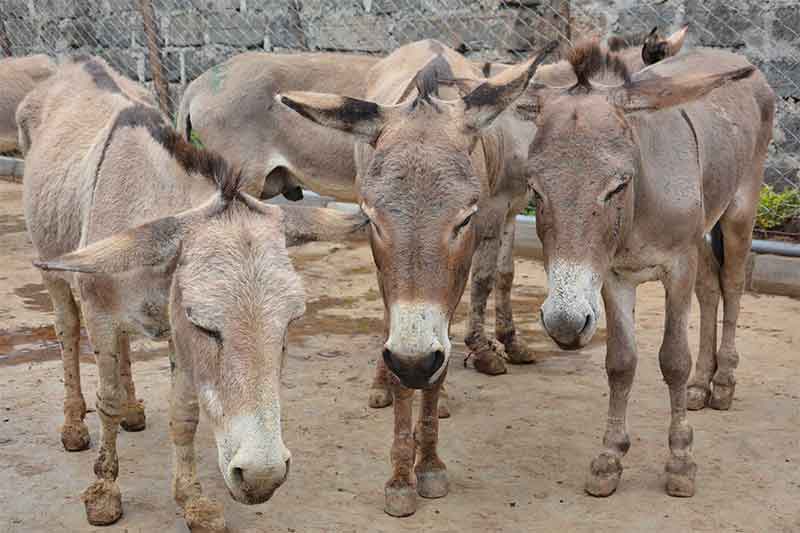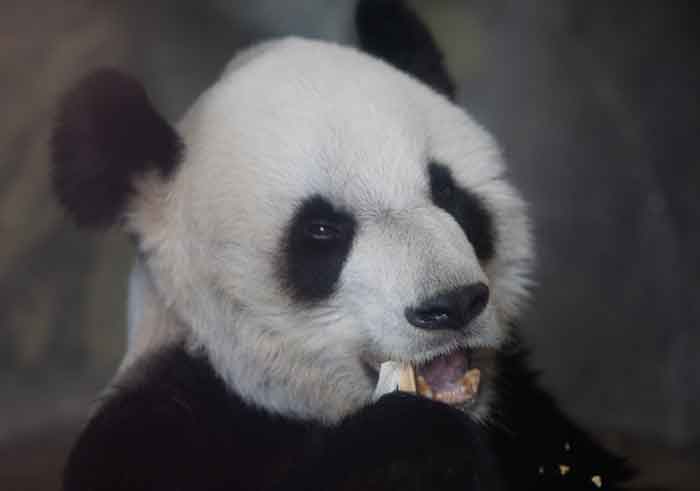
While need for wide-ranging reform of world farming and food system has been increasingly voiced, one relatively neglected aspect relates to improvement of animal welfare and in particular protecting animals from many-sided cruelties. While farm animals generally have better working and living conditions in family farms, as family farms are increasingly replaced by factory type of farms in the increasingly industrialized agriculture of many countries, the condition of farm animals and birds deteriorates rapidly, and unfortunately this has been becoming a more dominant trend at world level.
In factory farming to an amazing extent there is a single minded pursuit of increasing production while completely ignoring the distress of animals. Chickens are placed so close to each other that they cannot even move, and sometimes their beaks are cut off to prevent them from pecking each other in frustration. By nature scrupulously clean animals are forced to remain for long hours in their own excreta. The reckless pursuit of quick and fleshy growth of animals to get more profits leads to equally reckless search for cheap sources of high protein feed and animals are sometimes given feed based on their own waste and the meat of their own brothers and sisters (animals and birds of the same species). Cows are given oxytocin injections to pull out even that milk which they are not yet ready to yield, causing them a lot of pain and harming their health. Indiscriminate exposure to chemicals and antibiotics has become widespread.
The extent to which farming practices have been dehumanized can be seen from the following advice given by a leading magazine of ‘pig production engineers’ : “Forget the pig is an animal. Treat him like a machine in a factory. Schedule treatment like you would lubrication.”
Such an attitude which is based on complete lack of sensitivity to what the pig suffers later gets translated into the most terrible cruelty inflicted on pigs. Gayle Hardy has described this, “After having been ‘served’ on a ‘rape rack’ the female pig is tethered in a metal-barred stall where she is unable to take more than one step backward or one step forward during her entire pregnancy.”
Another very distressing aspect is that animals are considered merely for their market value and hardly any value is attached to them as living beings. To give a glaring example of this, some years back when the price of wool fell in the international market millions of sheep were simply killed in Australia and mass graves were dug to bury them.
Time magazine reported on this on January 14, 1991: “Across the rolling countryside, the normal peace of rural life is being shattered these days by volley of gunfire. Under the hot summer sun in the Southern Hemisphere, rifle shots echo over the rangelands as sheep farmers execute one of the largest animal holocausts in history. The scenes can be pitiful. Some farming families turn away in tears and drive off quickly after delivering their gentle charges to the slaughtering pens. There, next to mass-burial pits dug in grazing tracts or on the outskirts of rural towns, firing squads take over in a project designed to kill 20 million sheep during the next year.
“The death sentence was decreed as an emergency measure to curtail wool production and rescue a vital export industry. Over the past year and a half, Australia’s prime overseas customers have cut back on purchases, leaving a glut of fleeces on the market… At a time when much of Australia is taking to beaches and playgrounds, high summer in the Lucky Country’s interior has become a nightmare.”
This is of course intolerably cruel and an extreme example of being human-centric in very unjust ways. What the people involved are saying is—we keep sheep on farms as long as these earn for us; when these do not we simply kill them, millions of them. In other words, the worth of sheep is only in monetary terms, there is no consideration of them as living beings at all.
Also a big contradiction of a highly distorted system comes out when the above account says—20 million sheep are being killed to ‘rescue’ the export market of wool!
It is evident from this account that these sheep and wool farmers farmers of course feel very bad about the killing of their sheep ( as many as 20 million in a year) but feel bound to do so because of the market system in which they are trapped. But why get trapped in such a system at all? Why not opt for smaller scale, low-cost, low external input, organic, close to nature mixed farming systems which produce a diversity of farm and food products so that farmers are not unduly affected by the downslide in the market or price of any one product. If there are problems in opting for such farming under present farming systems, why not work for changing such a system?
A side-question—when 20 million dead sheep are to be buried within a year, and one assumes the killing and burying is done in big clusters not too far from human habitations,, then doesn’t this itself lead to environmental and related problems?
This was no means a unique situation. Rather such a situation is likely to arise whenever mass animal rearing comes across a situation of a sudden decline in international market in the present globalized market systems, and so such killings are likely to take place from time to time, although perhaps the scale was very exceptionally high in the situation described above.
Clearly farming alternatives should be sought with a sense of urgency which avoid such cruelties to animals and such dehumanized treatment of living beings.
Bharat Dogra is Honorary Convener, Campaign to Save Earth Now. His recent books include Planet in Peril, A Day in 2071 and India’s Quest for Sustainable Farming and Healthy Food.















































